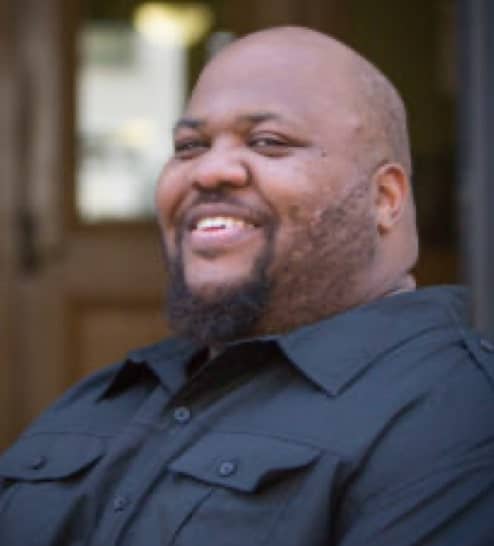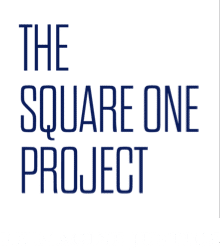
Michael Finley
Chief of Strategy and Implementation at W. Haywood Burns Institute
Michael Finley is the Chief of Strategy and Implementation with the W. Haywood Burns Institute. Michael has nearly two decades of experience working to reduce racial and ethnic disparities on a national policy level and in local jurisdictions across the country.
Michael joined the Burns Institute in 2001 as a site manager working collaboratively with stakeholders to implement the BI process and reduce racial and ethnic disparities in local youth justice systems. He helped develop the BI’s site based strategies and tools such as the Readiness Assessment Consultation. Most recently, Michael served as the Director of Site Management where he supervised BI’s site based work, trained new site managers and conducted hundreds of disparities related trainings around the country.
Prior to joining the BI, Michael was the Disproportionate Minority Confinement Coordinator in the State of Maryland where he worked with local and state leaders to develop plans to reduce racial disparities throughout the state.
Michael began his legal career as a Soros Justice Postgraduate Fellow with the Youth Law Center in Washington, D.C, a non-profit public interest law firm. At the Youth Law Center, he was involved in reform litigation and policy work focused on improving the conditions of confinement for children in state custody and racial and ethnic disparities in the youth justice system.
Michael is the recipient of the National Juvenile Detention Association’s Service Award, the American Bar Association’s Young Lawyers Division Child Advocacy Award and the Frederick Abramson Memorial Foundation Fellowship for his advocacy on behalf of children. Prior to joining the Youth Law Center in 1999, Mr. Finley served as the judicial clerk for the Honorable David B. Mitchell in the Circuit Court for Baltimore City. He is a graduate of Morehouse College and George Washington University School of Law.
Michael participated in the first Square One Roundtable convening “Examining the History of Racial and Economic Inequality: Implications for Justice Policy and Practice.”
